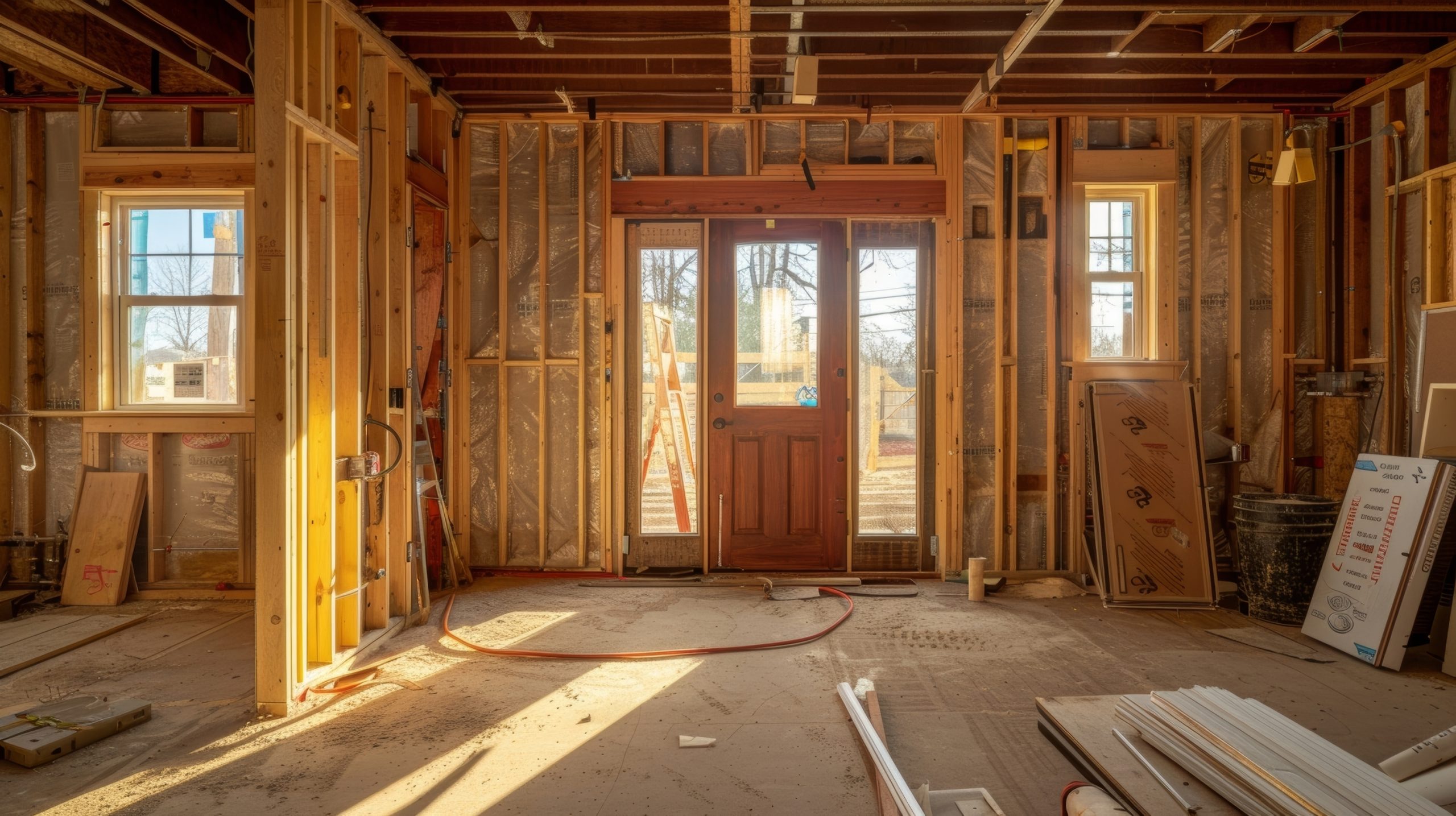Choosing the right material for your doors is crucial for ensuring the security, durability, and aesthetic appeal of your home. With a variety of materials available, it can be challenging to decide which one best suits your needs. This guide provides an overview of different door materials, their pros and cons, and the best applications for each.
Wood Doors
Overview
Wood doors are a classic choice known for their natural beauty and timeless appeal. Common types of wood used for doors include oak, mahogany, and pine.
Pros
- Aesthetic Appeal: Wood doors offer a natural warmth and elegance that can be customized with various stains and paints.
- Customizability: Easily stained or painted to match your home’s interior or exterior décor.
- Durability: Solid wood doors are sturdy and long-lasting, providing excellent security.
Cons
- Maintenance: Requires regular upkeep to prevent warping, rot, and insect damage.
- Cost: Generally more expensive than other materials.
- Sensitivity to Moisture: Prone to swelling and shrinking with changes in humidity.
Best Applications Wood doors are ideal for front entry doors and interior doors in traditional or high-end homes where aesthetics and quality are paramount.
Steel Doors
Overview
Steel doors are made from a steel skin over an insulating core, offering strength and durability.
Pros
- Security: Strong and resistant to forced entry, making them one of the most secure options.
- Durability: Resistant to warping, cracking, and fire.
- Low Maintenance: Requires minimal upkeep and is generally more affordable than wood and fiberglass doors.
Cons
- Aesthetic Limitations: Fewer design options and can dent or scratch.
- Temperature Transfer: Can become hot or cold to the touch depending on the weather.
- Potential for Rust: If the finish is damaged, steel doors can rust over time.
Best Applications Steel doors are ideal for exterior doors where security is a primary concern, such as back doors or garage entry doors.
Fiberglass Doors
Overview
Fiberglass doors consist of a molded fiberglass surface over a foam core, offering versatility and durability.
Pros
- Versatility: Can mimic the appearance of wood or be painted/stained in various colors.
- Durability: Resistant to dents, scratches, and moisture.
- Energy Efficiency: Excellent insulating properties, reducing energy costs.
- Low Maintenance: Requires minimal upkeep and doesn’t warp or rot.
Cons
- Cost: Can be more expensive than steel but usually less than high-end wood doors.
- Aesthetic: While versatile, some may prefer the authentic look of real wood.
Best Applications Fiberglass doors are ideal for front entry doors and locations exposed to harsh weather conditions, providing a balance of aesthetics, durability, and energy efficiency.
Aluminum Doors
Overview
Aluminum doors are lightweight and often used in patio doors and commercial settings.
Pros
- Lightweight: Easy to operate and install.
- Durability: Resistant to rust and corrosion.
- Low Maintenance: Requires minimal upkeep.
Cons
- Insulation: Poorer thermal performance compared to other materials.
- Denting: Can dent more easily than steel or fiberglass.
Best Applications Aluminum doors are ideal for patio doors, sliding doors, and commercial buildings where ease of use and durability are essential.
Vinyl Doors
Overview
Vinyl doors are commonly used for sliding doors and patio doors due to their affordability and low maintenance.
Pros
- Cost-Effective: Generally the most affordable option.
- Energy Efficiency: Good insulating properties.
- Low Maintenance: Resistant to moisture and does not require painting.
Cons
- Durability: Not as strong as wood, steel, or fiberglass.
- Limited Design Options: Fewer aesthetic choices compared to wood or fiberglass.
Best Applications Vinyl doors are ideal for patio doors, budget-conscious projects, and areas with high moisture where affordability and low maintenance are priorities.
Glass Doors
Overview
Glass doors, often used in combination with other materials, provide a modern and stylish look while allowing maximum natural light.
Pros
- Aesthetic Appeal: Modern and stylish appearance.
- Natural Light: Allows for maximum natural light entry.
- Versatility: Can be combined with materials like wood or metal for added strength and design flexibility.
Cons
- Security: Less secure than solid doors.
- Privacy: May require additional treatments for privacy.
- Maintenance: Prone to fingerprints and requires regular cleaning.
Best Applications Glass doors are ideal for patio doors, interior doors, and as decorative elements in entry doors, enhancing both aesthetics and functionality.
Transform Your Home with the Right Doors
Choosing the right door material is essential for ensuring that your doors meet your needs in terms of aesthetics, functionality, and durability. Each material has its unique advantages and disadvantages, making it important to consider your specific requirements and preferences. For expert advice and high-quality door installations, contact Pinnacle Window today. Let us help you find the perfect doors to enhance your home’s beauty and performance.
Investing in the right door materials can significantly impact your home’s overall appeal and comfort. Choose wisely, and enjoy the benefits for years to come.

